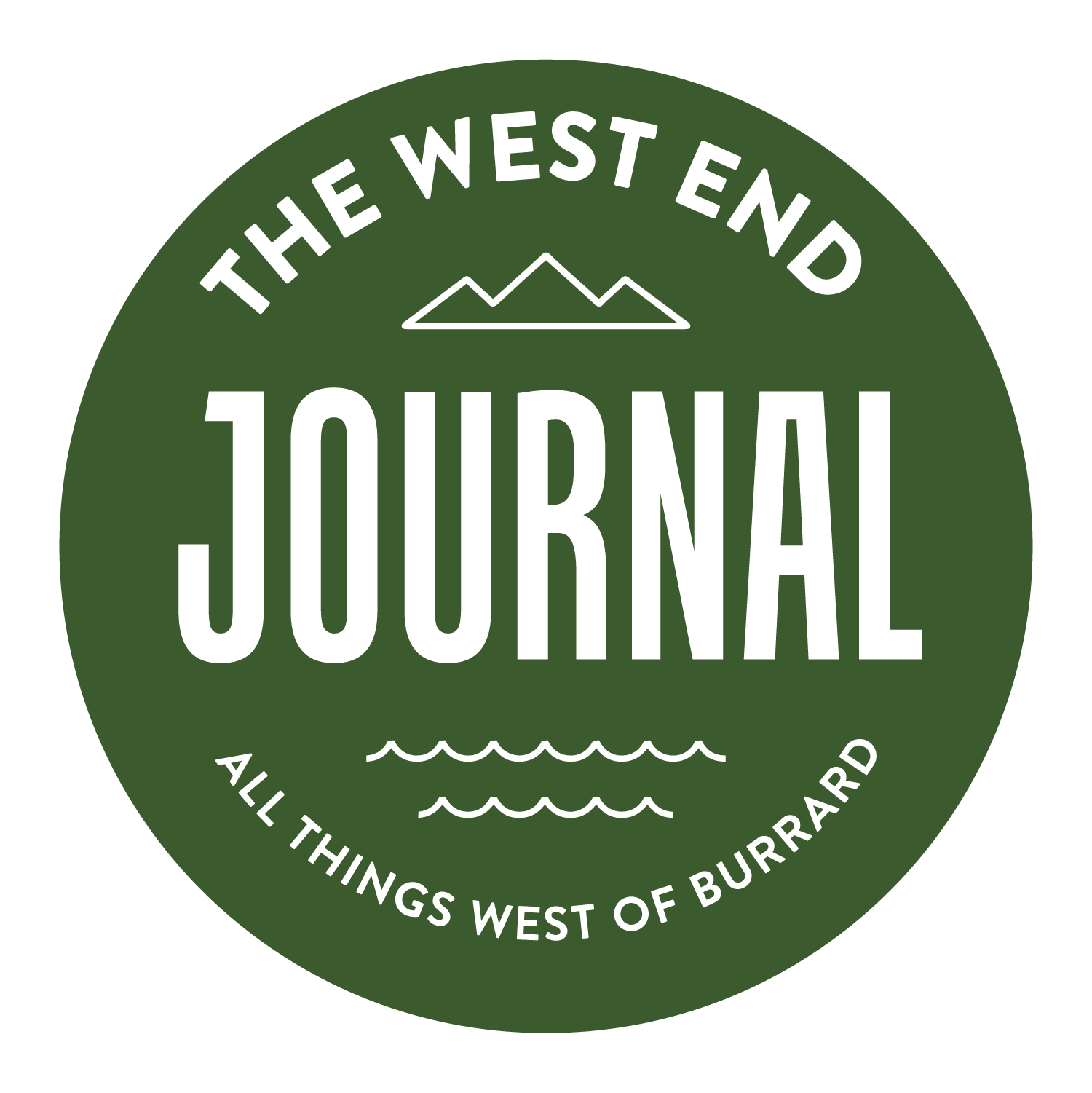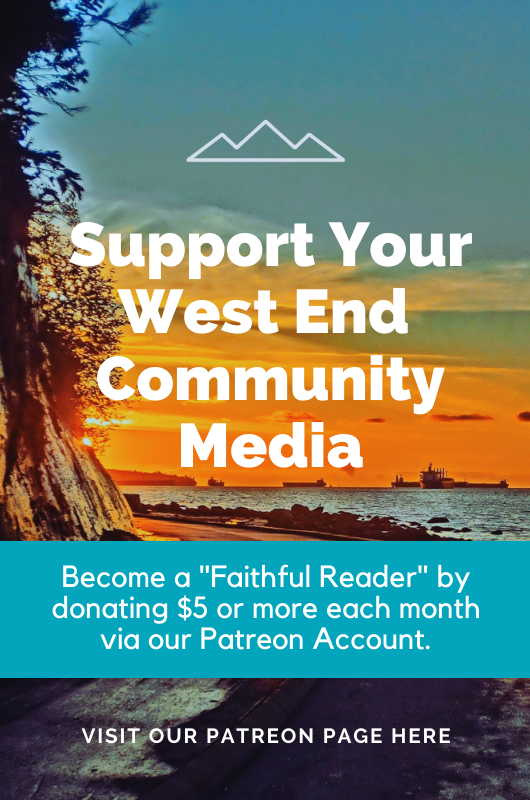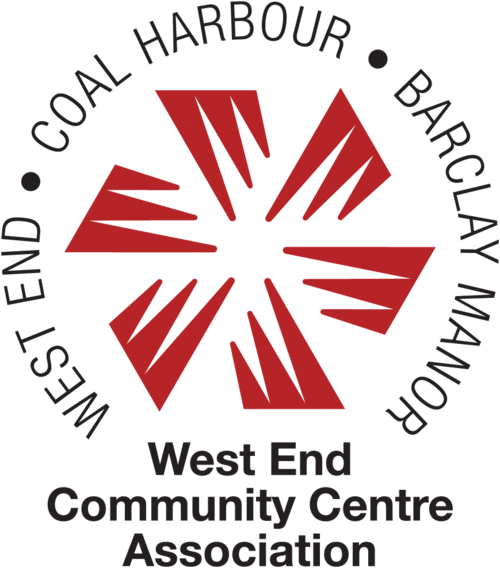VIEWPOINTS
/THE PROBLEM WITH WEST END TRANSIT
Changing the #23 Route Won’t Solve The Issues
by Nathan Davidowicz
(click images to enlarge)
West End residents, businesses, and community organizations need to get organized to request better overall bus service to serve the 50.000 + people living in the community.
Transit critic and advocate nathan Davidowicz.
The recently announced plans for changes to the #23 Beach Avenue bus service between Main Street-Science World Station and English Bay are piecemeal and inadequate to the needs of the community.
The #23 currently uses a community shuttle bus that only seats about 24 people, with zero standing room. The proposed changes will alter the route, reduce the number of bus stops, and the frequency of service.
According to TransLink, these changes will improve capacity and reliability on a route that is seeing major ridership growth and overcrowding. They’ll be upgrading the service to use larger, standard-size busses, which can accommodate more than 50 passengers.
Existing route of the No. 23 bus (TransLink Graphics).
But to do this TransLink needs to make some major changes to the #23 route. Instead of travelling along Beach Avenue between Hornby Street and Jervis Street, the #23 will continue straight on along Pacific Street for its West End access. Then, instead of terminating at the intersection of Davie and Denman Streets in English Bay, it will continue along the already extremely congested Denman Street, turning up Robson and then on Burrard Street to its new terminus at SkyTrain Burrard Street Station.
We are told that these route changes are needed because of the tight road space constraints along Keefer Street, Bidwell Street, and Beach Avenue, especially after the recent narrowing of Beach Avenue for a protected bike lane. The longer bus requires wider lane widths and more road space at intersections for its larger turning radius.
Future No. 23 bus route changes and extension.
And of course, there will also be bus stop changes. The existing #23 route will have 17 stops removed, on the premise that they are too closely spaced, reducing the speed of the service. Translink is touting “22 new bus stops,” but that only includes six actual new stops, the remainder being 16 existing stops that currently serve other bus routes for the extension reaching Burrard Station.
The use of a bigger bus also means a reduction in frequencies. According to TransLink, the transition to a larger bus will decrease the frequency of the #23 to every 10 to 15 minutes, at all times of the day throughout the week. This represents two to three minutes of extra wait time, compared to current frequencies of the community shuttle bus.
In my opinion, TransLink’s current online consultation is meaningless. I am sure TransLink discussed these route changes with the City of Vancouver, and that senior city staff there agree with the TransLink proposal. We are told the proposed route changes may be implemented as early as this coming summer, which makes one wonder how much time transit planners will have to incorporate any suggestions from the public. Or is it just another done deal?
If you wish to take part, the survey is open to December 11 and you can find it here.
Bus stop changes for the No. 23 from the route changes and extension, with green noting added bus stops and red indicating the eliminated route and bus stops.
We need many urgent changes to transit service in the West End. Changes such as Community Shuttle bus service on Nelson Street — which has been proposed since 1971 by smart transit planners — proper bus service to, from, and around Stanley Park, and a return to two-way bus service and bus stops to serve the Vancouver Aquatic Centre on Beach Avenue. We should also reinstate the N6 service that was eliminated in 2016. By returning the N6 the West End would receive 24/7 bus service along Davie/Denman/Robson. We also need extra Spring/Summer service from Georgia and Granville instead of adding more buses on Route #19.
We need a proper Transit plan for the West End and Stanley Park. Changing one route will not do it, and the survey is another waste of time and money by TransLink staff. And it looks like TransLink has additional money as the “new” #23 will cost more money to operate, with bigger buses, affording bigger wages for the conventional bus drivers compared to smaller wages for community shuttle drivers.
We need a proper in-person meeting or meetings at Gordon Neighbourhood House (GNH) and the West End Community Centre. GNH hosted pre-COVID meetings about proposed bus stop changes that were well-attended.
This is the democratic way to inform the public and for politicians and planners to hear the public’s concerns and ideas. Contact City Council (Councillor Adriane Carr lives in the West End and can be reached at clrcarr@vancouver.ca) and Park Board members. You can reach all City Council and Vancouver Park Board members using the same email formula firstinitiallastname@vancouver.ca.
Let them know directly, and not just via an anonymous online survey.
Nathan Davidowicz has been Vancouver’s most outspoken critic of and advocate for effective and efficient transit for more than 50 years. To receive his weekly “Alternative Buzzer” reach him at nathandavidowicz2@gmail.com.









